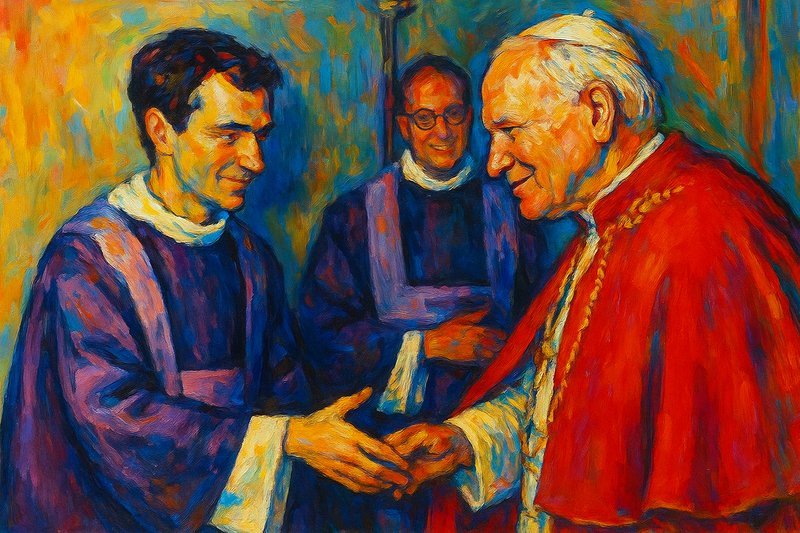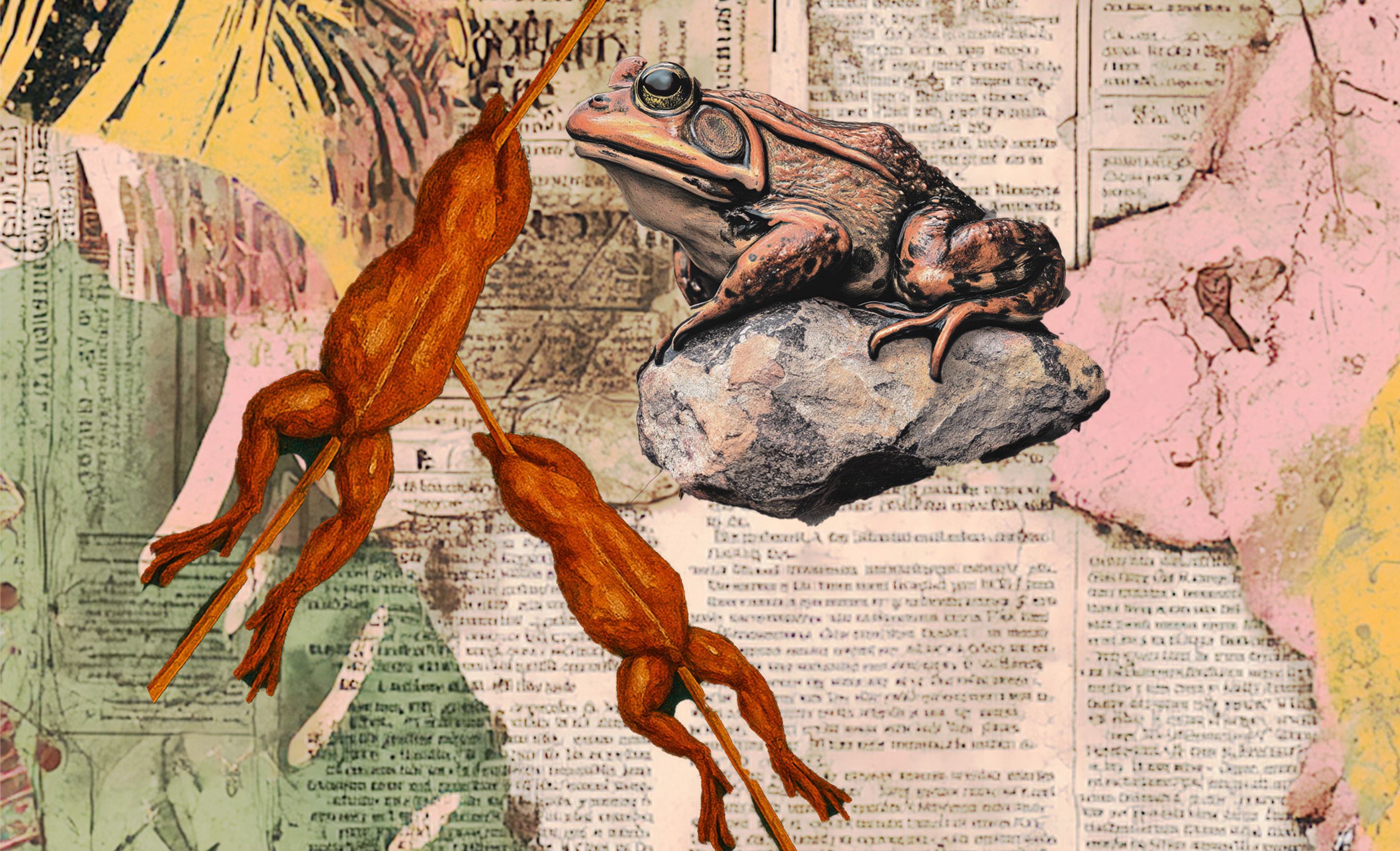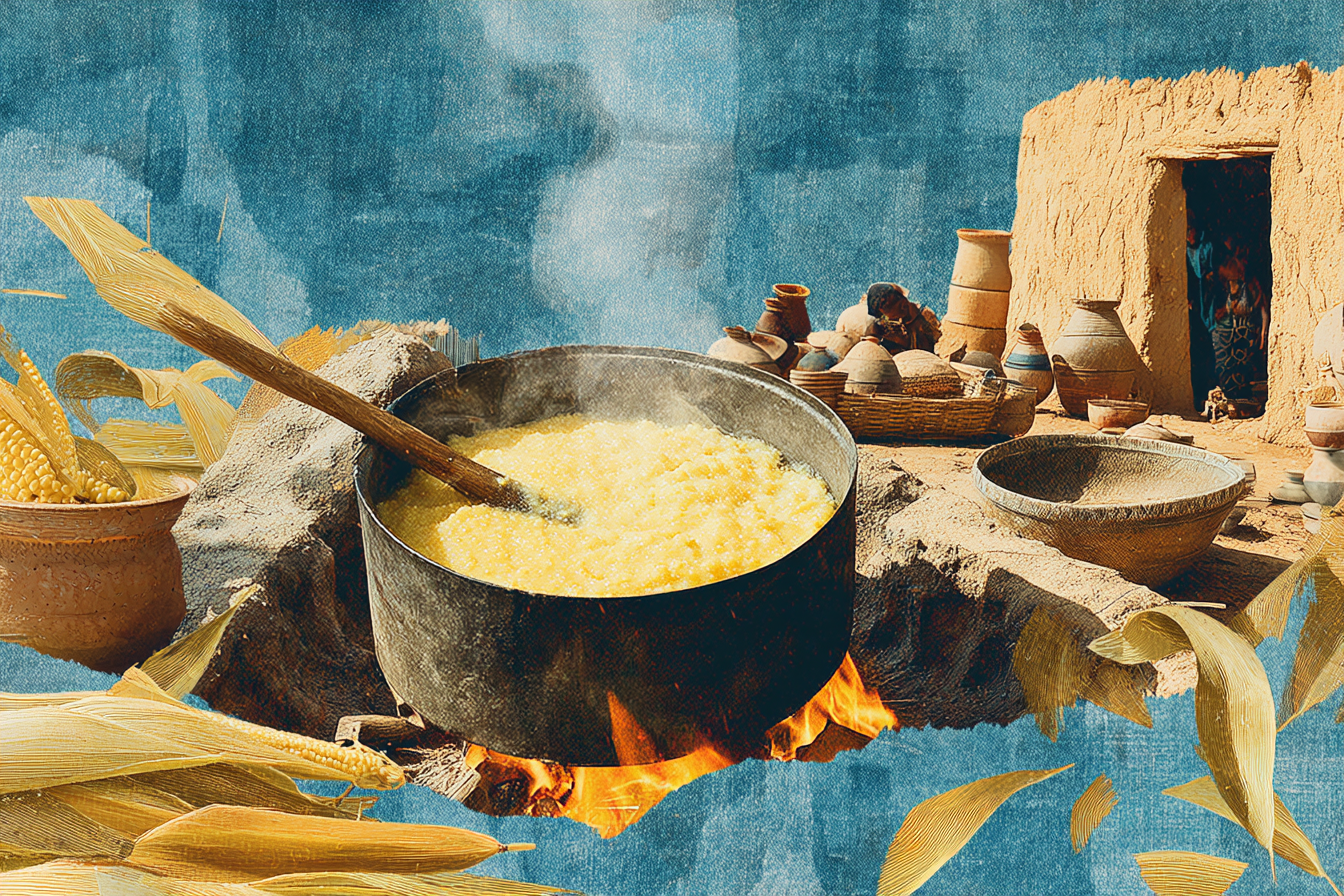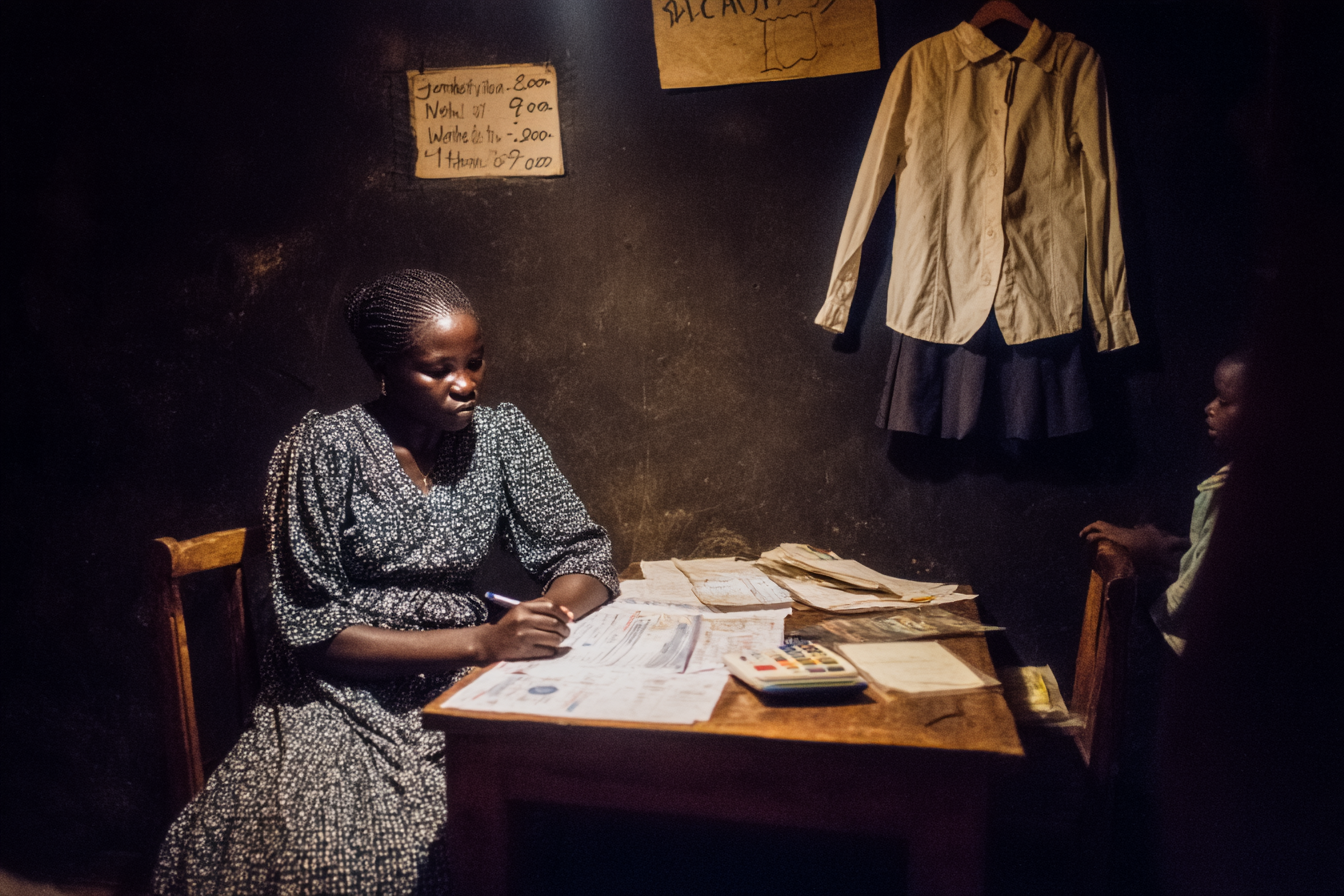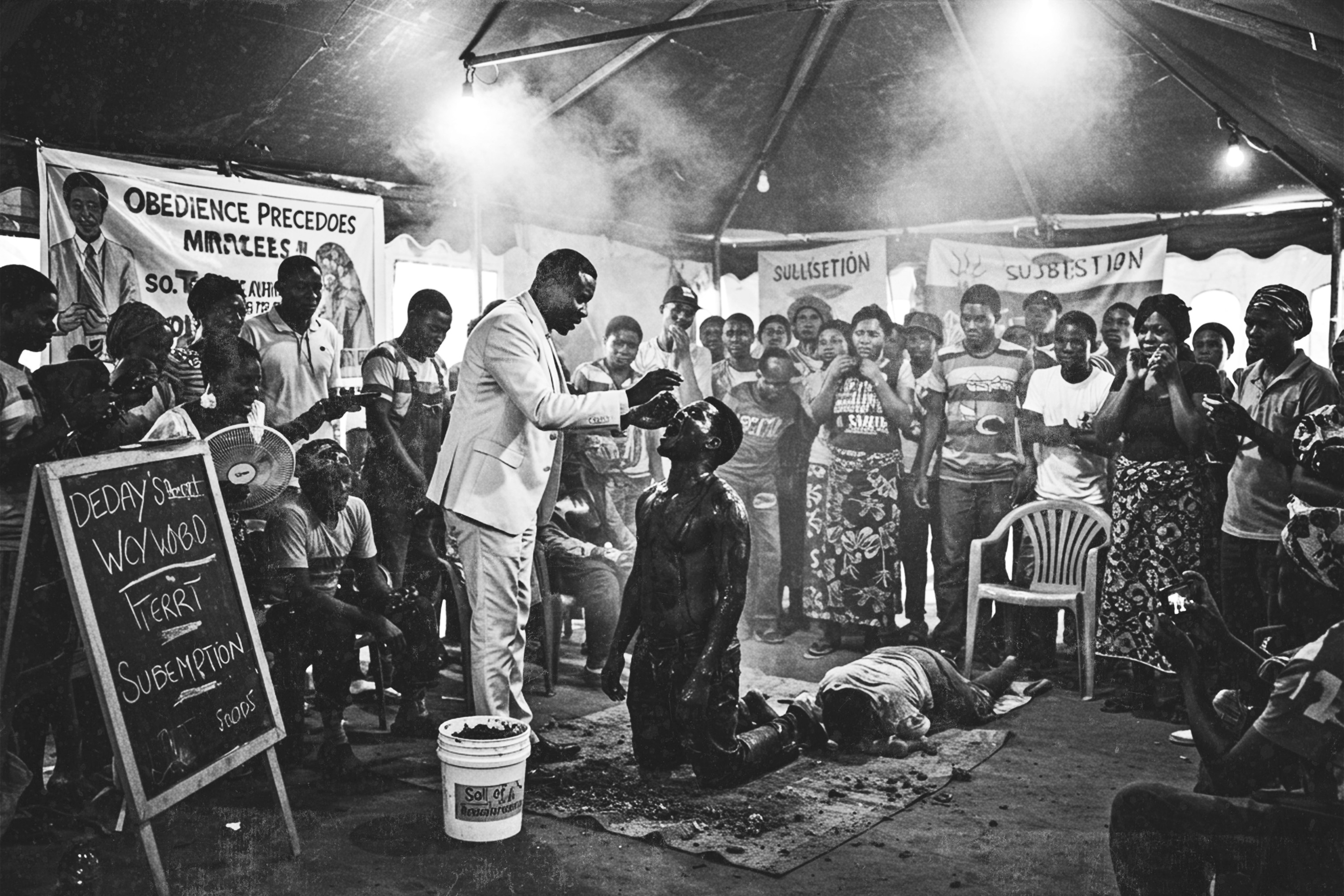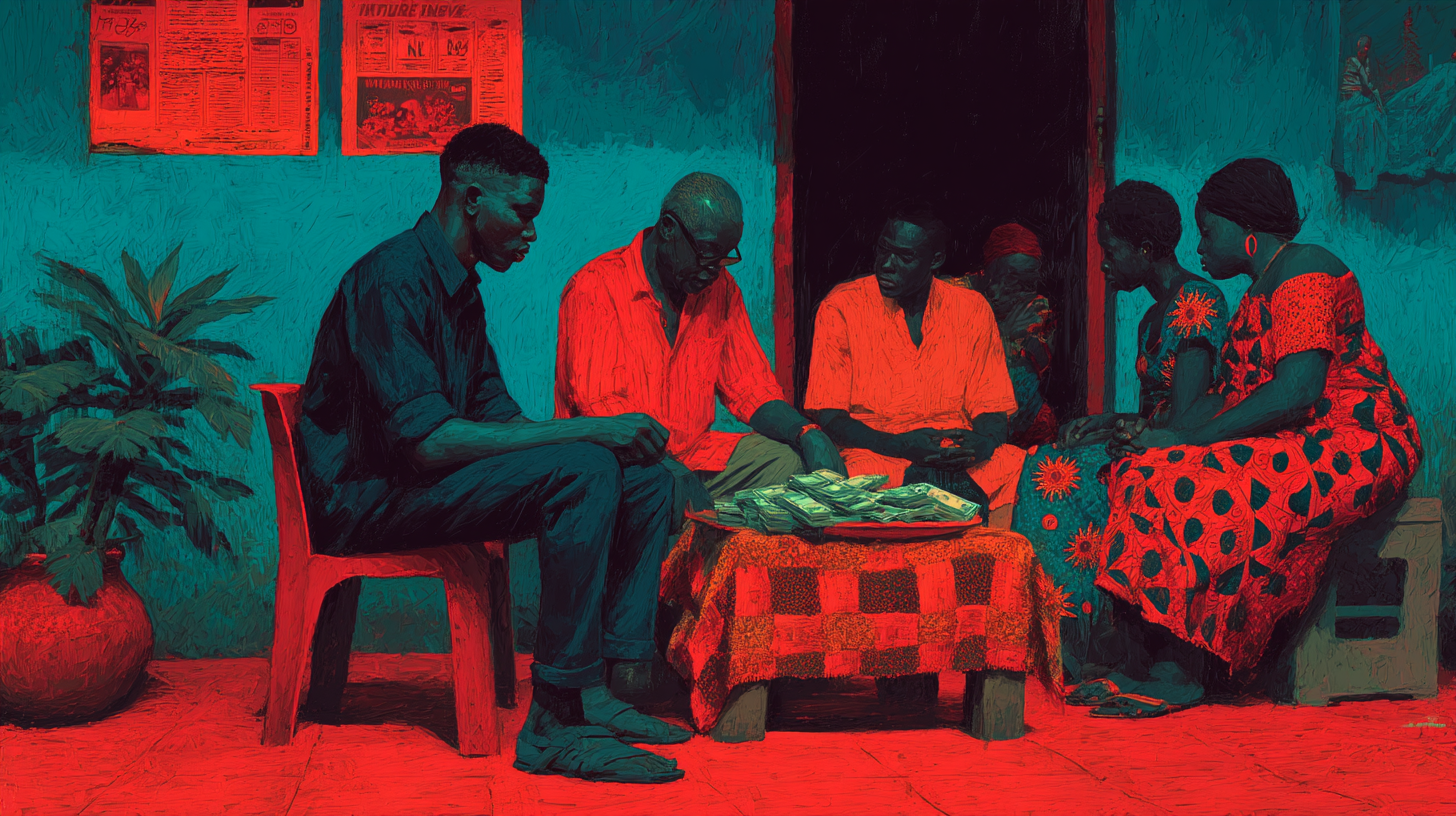Born in Chicago but shaped by decades of advocacy in Peru, Leo XIV inherits a divided Church. His namesake’s social justice legacy, "Rerum Novarum", mirrors his work with Peru’s poor, yet his centrist stance sparks debate: Will he continue Francis’ progressive reforms on immigration and the environment, or revert to tradition on gender ideology?
As the plume of white smoke rose from the Sistine Chapel in Vatican City, Catholics and onlookers eagerly anticipated who would lead one of the world's largest faith communities. During his 12-year reign, Pope Francis guided the traditionally conservative Church toward a more liberal approach, embracing the LGBTQ+ community and expanding the role of women within the Church. He successfully re-engaged several lapsed Catholics and welcomed many new believers into the faith.
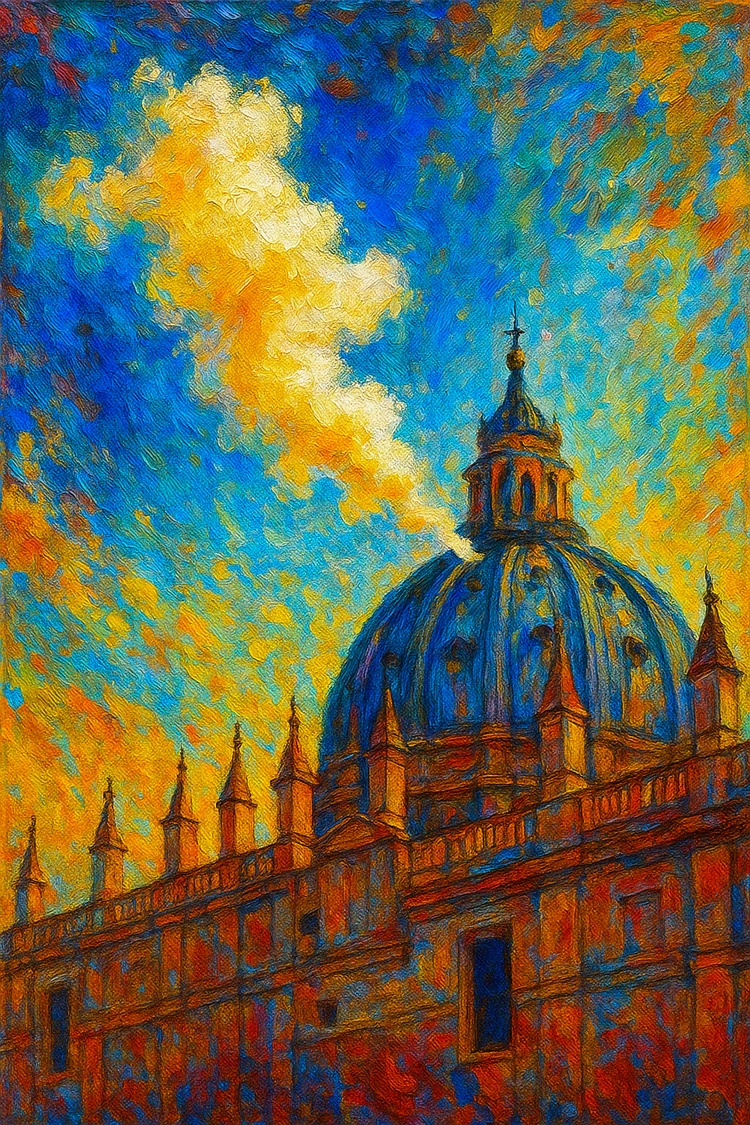
As the candidates for the papacy emerged, social media polls surged, bets were placed, fan edits of prospective popes circulated, and newspapers published profiles of those deemed "Most Likely to Take the Pulpit." However, on 8 May, the Cardinal announced a surprising candidate: Pope Leo XIV, the first American Pope.
Hailing from Chicago, the 69-year-old Pope claims both French and Spanish heritage. He moved to Peru in 1985, gaining citizenship and a reputation for advocating for the marginalised and promoting better conditions for the country's poor. When he stepped onto the balcony to commence his papacy, he called for peace in the world.
Pope Leo XIV began his papacy during a particularly divisive time: liberal Catholics hoped he would continue Pope Francis' progressive strides, while conservative Catholics yearned for a return to a Church steeped in tradition. With this uncertainty lingering, internet sleuths began digging into Pope Leo XIV's past for clues about his vision for the Catholic Church.
Shortly after his election, sleuths discovered an X (formerly Twitter) account believed to be connected to the Cardinal. While its validity remains unconfirmed, it featured numerous posts criticising the Trump administration's actions. One post pointedly stated, "JD Vance is wrong," a reference to the American Vice President's attempt to use Catholic doctrine to justify foreign aid cuts.
Pope Leo XIV's choice of name suggests alignment with the marginalised. His namesake, Pope Leo XIII, was renowned as the "social justice pope," having published Rerum Novarum, a pivotal document that emerged shortly after the Industrial Revolution, encouraging the world to reconsider the rights and dignities owed to workers.
This perspective resonates with Pope Leo XIV's reputation in Peru. His advocacy for the marginalised included support for soup kitchens, improved childcare for struggling families, and campaigns for better housing in flood-prone areas. In his first address to diplomats, he drew on his experiences in Peru and his background as a child of immigrants, urging states to show compassion for the dignity of migrants. He stated, "No one is exempt from striving to ensure respect for the dignity of every person, especially the most frail and vulnerable, from the unborn to the elderly, from the sick to the unemployed, citizens and immigrants alike."
As a cardinal, he vocally criticised the Trump administration's mass deportation plans as a "major crisis." Analysts suggest that despite sharing many views with his predecessor on immigration and the environment, his stance positions him as a centrist. His perspective on LGBTQ+ inclusion in the Church remains ambiguous; he has expressed the need to respect the dignity of each person while also noting, "the idea of promoting gender ideology is confusing because it seeks to create genders that don't exist. God created man and woman, and the attempt to confuse ideas from nature will only harm families and people."
His time in Peru wasn't free from controversy. Shortly after his election, three women came forward alleging that he failed to adequately investigate and discipline a priest they claimed had sexually abused them. Although the case has reopened, some factions argue it is part of a smear campaign to discredit the new Pope. The Church's history with sexual abuse scandals and its handling of these issues remains one of the most contentious and sensitive topics, and the outcome of this case may prove pivotal.
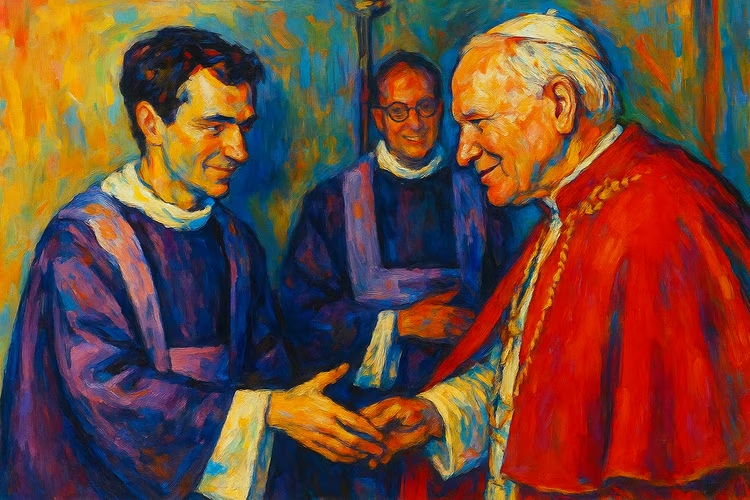
Pope Leo XIV stands as the first American Pope and the first from the Augustinian order, which was founded by the Algerian-born St. Augustine. The order emphasises love for God and love for one's neighbour. Many Africans, who had hoped for a cardinal from their continent, may find solace in this aspect, especially considering Africa's status as the fastest-growing region for the Catholic Church and a hotbed for social tensions, political instability, and economic challenges in which the Church plays an influential role.
Much like the world held its breath, waiting for the smoke from the Vatican to change from grey to white, the outcome of Pope Leo XIV's papacy on both the world, the Catholic Church and Africa can only be determined with time.
